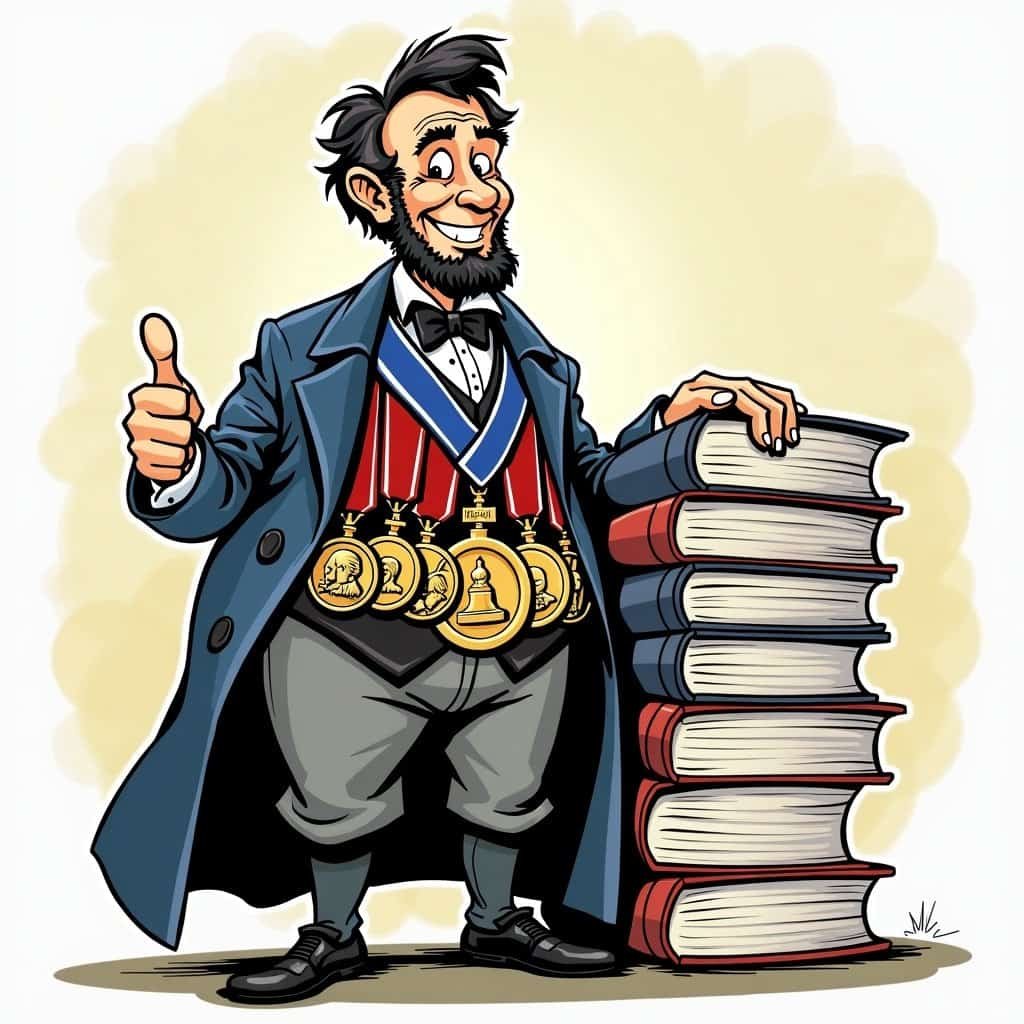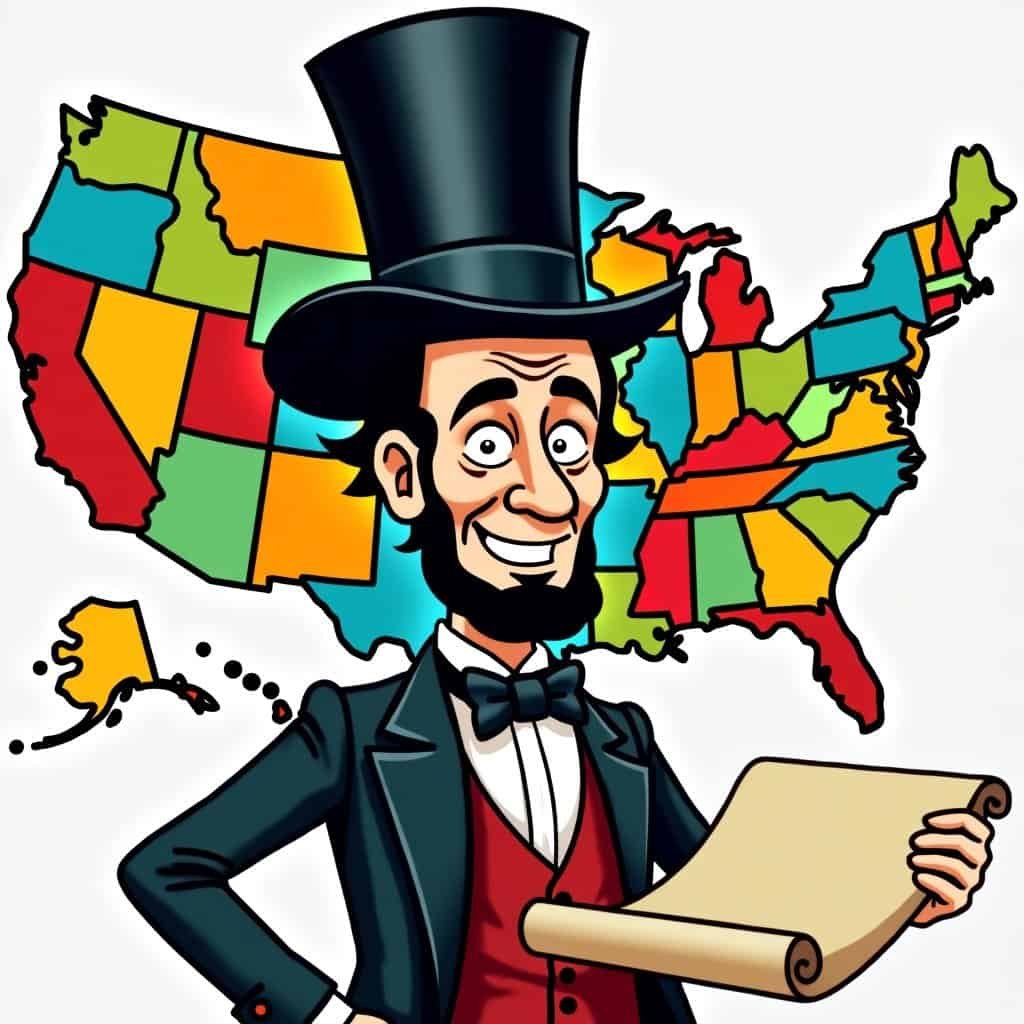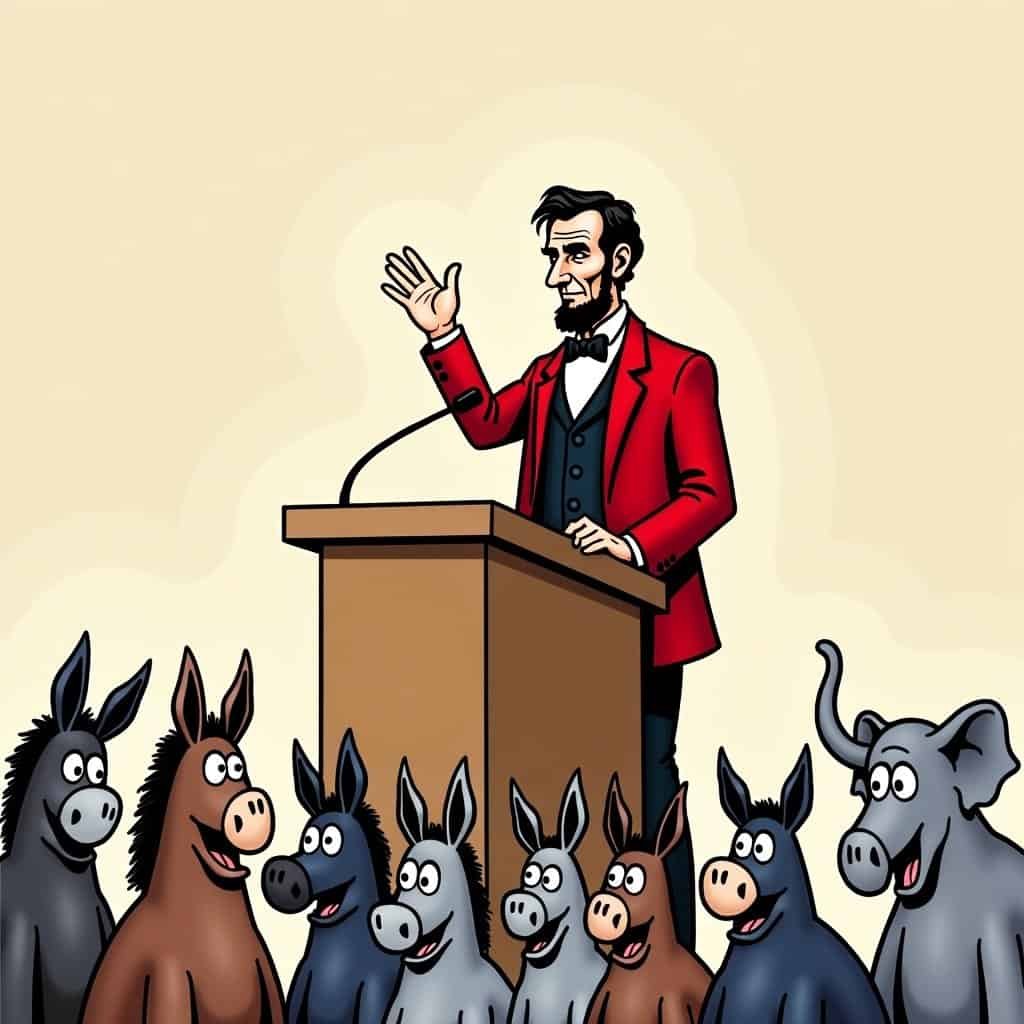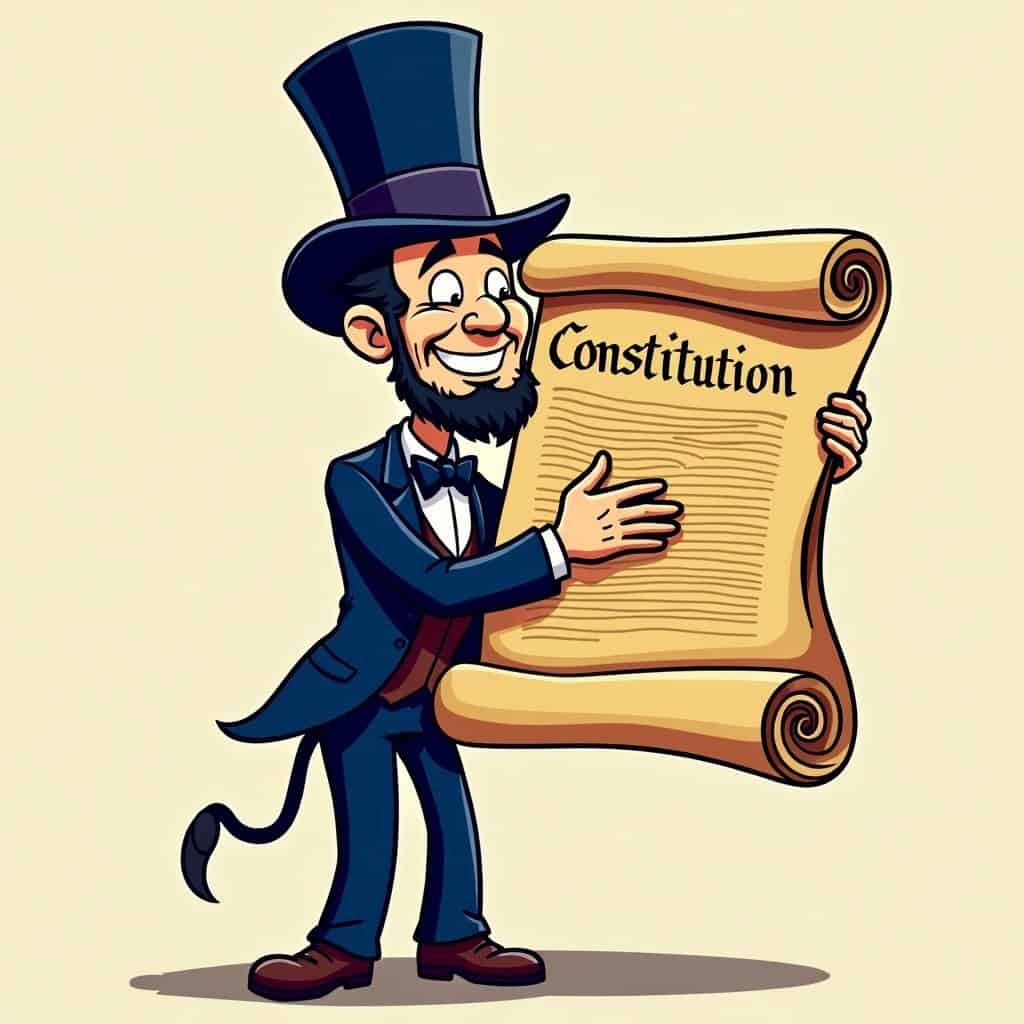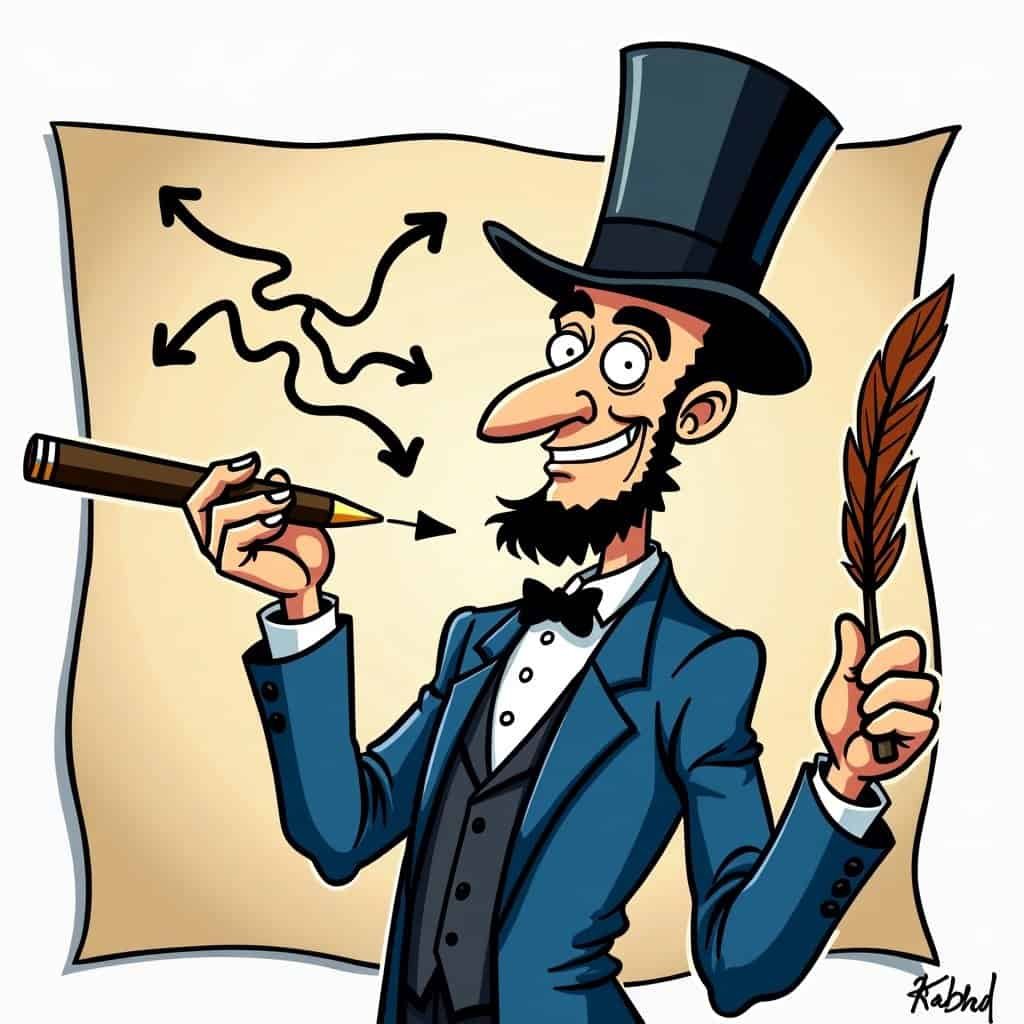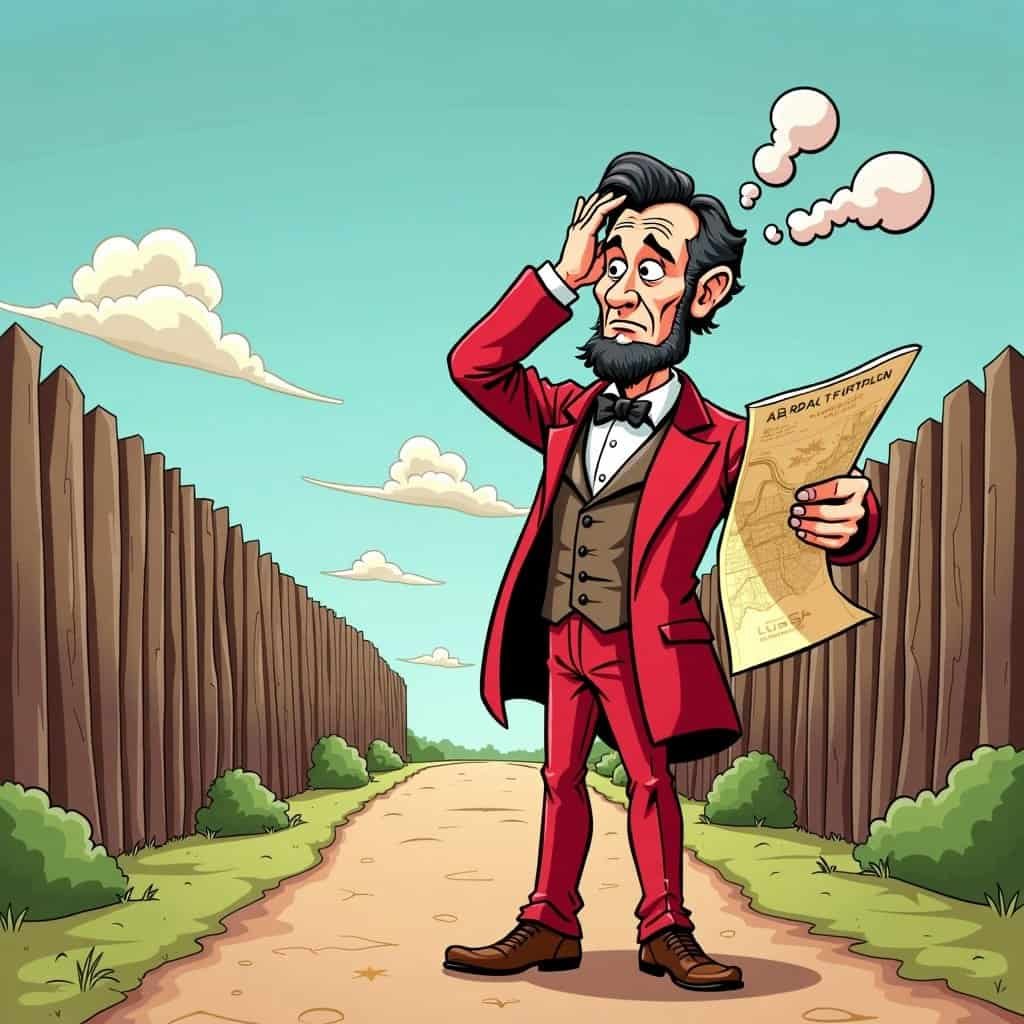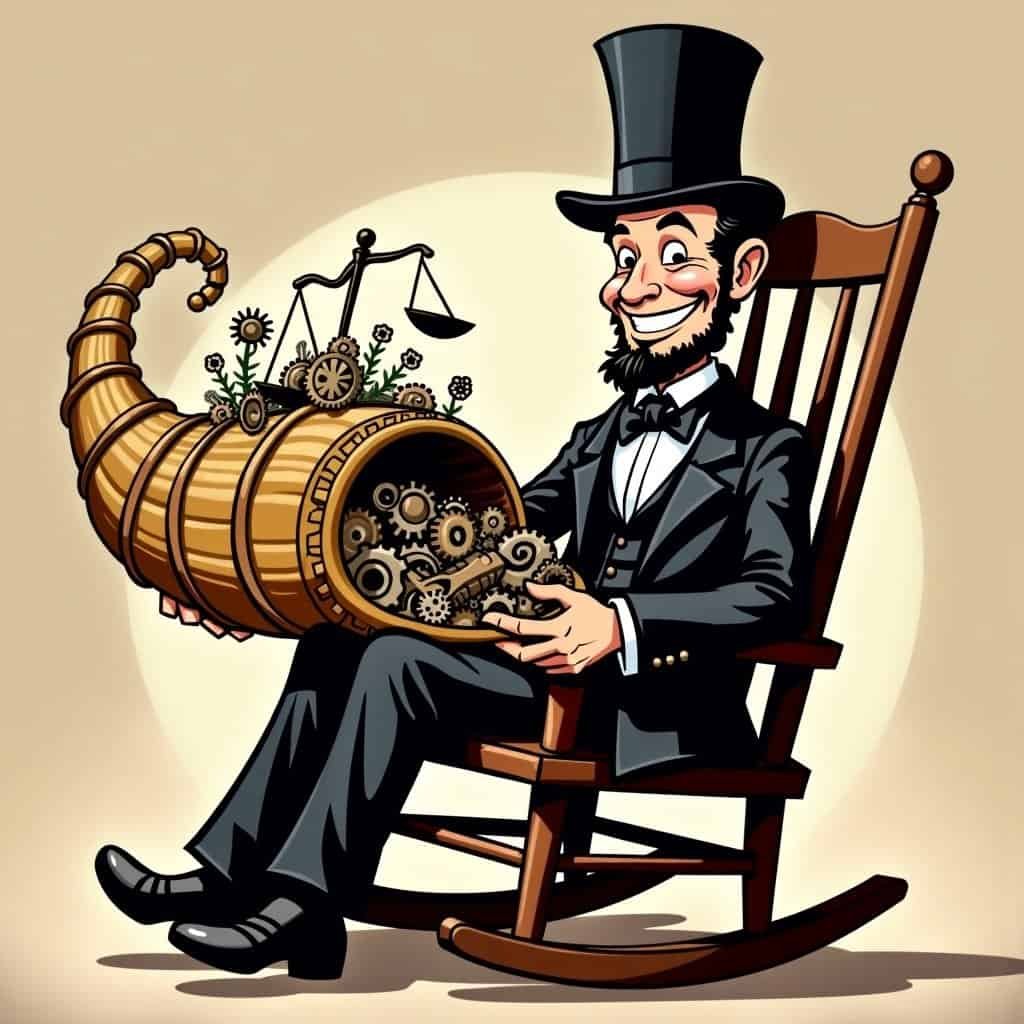When you think of Abraham Lincoln, the towering figure of American history, it’s as if he stepped straight out of a classic conservative playbook. With a stovepipe hat perched on his head and a Union to salvage, Lincoln exemplified leadership that emphasized professional military values. It’s almost like he brainstormed with a group of modern-day conservatives and asked, ‘What’s the best way to keep this Union intact while promoting some good old-fashioned American exceptionalism?’
Picture this: Lincoln, in all his rail-splitting glory, explaining the basics of professional military standards as easily as he delivered an impromptu Gettysburg Address. He was a symbol of unity and a role model for the values that every disciplined military professional should follow—not that those liberals always get it, with their fondness for soft power and whatnot.
Loyalty and Duty: The Cornerstones of Military Ethics
And speaking of Lincoln’s time, let’s talk about loyalty and duty, the meat and potatoes of military ethics. Conservatives believe in strong national defense; it’s like a family tradition passed down with each vote for a big defense budget. Lincoln knew a thing or two about loyalty. After all, he was in quite a pickle with half the country throwing a full-blown teenage tantrum. Instead of a gentle chat over iced tea, it was all ‘There’s the door if you think you can do better’ type of tough love. Lincoln zeroed in on keeping the Union together—similar to how modern conservatives focus on protecting the nation’s sovereignty and security.
“I am a firm believer in the people. If given the truth, they can be depended upon to meet any national crisis. The great point is to bring them the real facts.” – Abraham Lincoln
Military Might and Responsibility: A Conservative Perspective
Lincoln would probably give a thumbs up to today’s conservative appreciation for military strength. There’s no beating around the bush, no sir! He chose to tackle issues head-on, not unlike calling out the elephant in the room—though for him, it was more like calling in the cavalry. Under Lincoln, the military went through a massive makeover, and his leadership made it clear: personal responsibility was key. Not to toot our own horn, but one might compare this to the conservative belief in the power of free markets and individual accountability.
Lincoln’s Leadership Principles
- ✓ Strong national defense
- ✓ Personal responsibility
- ✓ Direct problem-solving
- ✓ Strategic vision
- ✓ Unity through firm leadership
Strategic Vision: From Lincoln to Modern Conservatism
What about strategic vision? Lincoln had that too, and it’s not hard to see the similarities with conservative strategies for national defense today. Think about it: conservatives love a good surprise, like a fiscal surplus or a military victory. Lincoln led with foresight, understanding the balance between troops on the ground and planning behind the scenes. It’s the same kind of strategic thinking conservatives advocate for today, often followed by a good deal of Texas tea, aka oil, to ensure energy independence.
Unity and Leadership: Lincoln’s Approach
Now, let’s not forget about unity—the great unifier had quite the task. His leadership style was less about participation trophies and more about getting things done. A firm handshake, in his book, was worth more than any treaty, especially when dealing with his own cabinet, known to be as friendly as cats in a sack. Maybe there’s a lesson today in working across party lines without leaving folks feeling like they’ve swapped one set of problems for another.
Conclusion: Lincoln’s Legacy and Conservative Values
To wrap it up, if Lincoln were around today, he’d probably appreciate the conservative efforts to strengthen military values, making sure that discipline and honor stay front and center in national defense policies. They could even bond over a shared dislike for unnecessary government meddling in everyday life, putting real values ahead of passing fads. Honest Abe’s legacy is a shining example of professional military values, all tied up nicely in a package of conservative ideals with a ribbon of good, old-fashioned American pride.
Table of Contents
- Loyalty and Duty: The Cornerstones of Military Ethics
- Military Might and Responsibility: A Conservative Perspective
- Strategic Vision: From Lincoln to Modern Conservatism
- Unity and Leadership: Lincoln’s Approach
- Conclusion: Lincoln’s Legacy and Conservative Values
